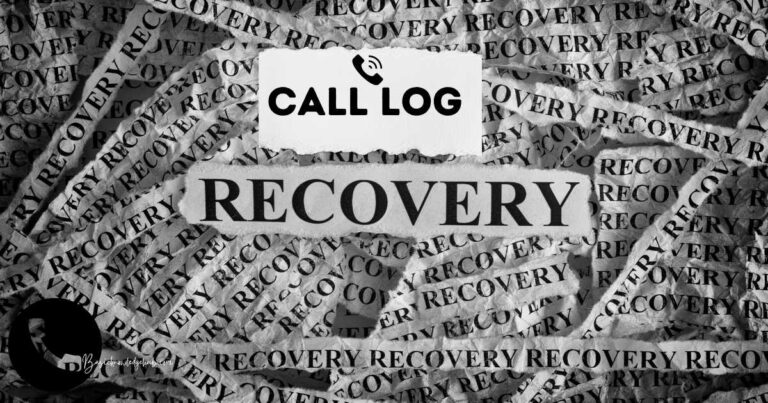Data Backup and Recovery is Critical for Your Business, and Here’s Why
In an era where data is the lifeblood of business, safeguarding it is as important as the operations that generate it. Yet, despite our technological advancements, many businesses—particularly small enterprises—underestimate the critical need for robust data backup and recovery plans. This often stems from a false sense of security (‘it won’t happen to me’) or the belief that implementing such measures is too complex or costly. However, as a business owner or IT professional, understanding the true value of data preservation can be the difference between a quick recovery and the catastrophic loss of vital information.
The Reality of Data Loss
Startling statistics paint a dire picture: nearly 60% of small businesses that experience a data breach or severe data loss shutter within six months of the incident. Whether it’s due to hardware failure, human error, or malicious attacks, data doesn’t simply recover itself. For an unprepared business, the path to recovery is often a slippery slope, marred by lost revenue, damaged client relationships, and operational paralysis.
Impact on Businesses
When you lose data, you lose time. Employees struggle to recreate lost work, systems require repair, and the precious hours and dollars that could have been put towards growth initiatives are instead funneled into recovery efforts. Data loss doesn’t just compromise your present; it soils your future. It erodes customer trust and can damage your brand’s reputation, which is often far more costly to repair than the loss itself.
Benefits of Data Backup
An effective backup system ensures that when disaster strikes, you can quickly recover the most recent version of your data and return to normal operations with minimal downtime. Downtime itself has a price tag—according to Gartner, the average cost of IT downtime is $5,600 per minute.
Data backups are not just about recovery; they’re enablers of continuous business operations. With reliable backup strategies in place, your business can keep functioning in the face of all types of disruptions, from small-scale incidents to global crises.
In an evolving digital landscape, cybercrimes like ransomware threaten to put a chokehold on businesses by encrypting or outright stealing valuable data. Regular backups are the strongest defense against such attacks, allowing you to restore your system to a point before the breach occurred.
The Ability to Recover Data can be a Competitive Edge
Being able to recover lost data quickly and efficiently can also give businesses a competitive advantage. In today’s fast-paced world, customers expect their service providers to always be available and efficient.
By having robust backup strategies in place, businesses can minimize downtime and continue serving their customers without interruption. Even more so, hiring a leading IT company to recover lost data can significantly improve its reputation and trust with customers. The ability to quickly recover from data loss can also be a selling point for businesses, especially if they operate in industries where downtime is critical.
Choosing the Right Data Backup Solution
Selecting the appropriate data backup solution is a crucial decision that requires careful consideration. Factors such as the volume of data, the sensitivity of the information, and the level of data access needed all play a role in determining the best approach. Cloud-based backups offer scalability and remote access benefits, whereas on-premises solutions might provide greater control over security measures. Furthermore, employing a hybrid model can leverage the advantages of both approaches, ensuring a more comprehensive and resilient data protection strategy.
Regular Testing of Backup Systems
Once a backup system is in place, regular testing is essential to guarantee its reliability when it’s most needed. Many businesses overlook this crucial step, only to discover that their backups are inadequate or outdated when a data recovery situation arises. Scheduled drills to restore data from backups can reveal potential issues in the recovery process and provide an opportunity to refine and improve the backup strategy. Regular testing not only builds confidence in the backup systems but also ensures that the business is always prepared for unforeseen data loss events. The way to protect your business from data loss is not a one-time effort; it requires ongoing maintenance and improvement.
The Role of Employee Training in Data Protection
Equipping your team with the knowledge and tools to prevent data loss is as vital as implementing advanced backup solutions. Employee ignorance or negligence is a significant vulnerability in data security, often leading to accidental deletions, mishandling of data, or falling prey to phishing scams. Regular training sessions can dramatically reduce these risks by informing employees about the latest cybersecurity threats, proper data handling procedures, and the importance of following protocol. Furthermore, fostering a culture that prioritizes data security encourages accountability and vigilance among staff, creating an additional layer of protection for your business’s most valuable asset.
Safeguarding data in the digital age is not just a technical necessity but a strategic imperative that underpins the resilience, reputation, and reliability of a business. For small enterprises and large corporations alike, the comprehensive strategies outlined for data backup, recovery, and employee training form a bulwark against the inevitable challenges of data loss. By adopting these practices, businesses not only protect their operational integrity but also position themselves to thrive in the competitive and fast-paced marketplace, proving that in the realm of data protection, foresight, preparation, and continuous improvement are the keys to enduring success.





